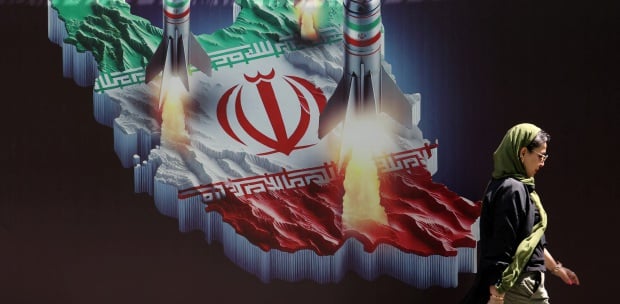WE are spoilt for choice. When it comes to newsworthy issues, there is no shortage of choices from which the average reader may take his pick. And the sad thing is that these are not stories of bravery, of heart-warming successes or of feats that can be emulated. And because so many things are happening at once, sometimes, we lose sight of a bigger threat.
It took a letter to the editor, written by Universiti Sains Islam Malaysia Professor Dr Muzaffar Shah Mallow (NST, July 18) to bring certain things into focus. The argument he made was for the United Nations to expel Israel under Article 6 of its charter for persistently violating the principles of the charter. The argument itself is sound, but like everything else, this is where politics and reality intermarry to frustrate the most noble of intentions.
FIRST, expelling a UN member state, or suspending its membership (Article 5) is dependent upon the recommendation of the Security Council. Given the composition of the permanent five, and in particular the United States, which has used its veto an overwhelming 83 times — most of which were for Israel — it is unlikely the Security Council would recommend the expulsion or suspension of Israel.
SECOND, and of a lesser importance, the UN has never suspended or expelled any of its members no matter how heinous the crime. But Articles 5 and 6 have been invoked three times in the past 60 years.
In 1974, Kenya, Mauritania, Cameroon and Iraq proposed a resolution that would expel South Africa from the UN for its practice of apartheid. The resolution was put to a vote, and three of the P5 members (France, the United Kingdom, and the United States) voted against it. The British ambassador, in his speech to the Security Council, said that while his government condemned the South African regime, the UK would be overriding the principle of universality by expelling South Africa from the world body. And the UN after all, is about inclusion, not exclusion.
This was the closest any country came to be being expelled from the UN.
The following year, 1975, Mexico attempted to suspend Francoist Spain from the UN. Unfortunately, Mexico was not a member of the Security Council, and could not bring a draft resolution. The matter was not even discussed.
The last attempt to expel a country from the UN was in 1992, with the disintegration of Yugoslavia. However, that was more a discussion on whether Serbia and Montenegro could continue to occupy Yugoslavia’s seat at the UN, and not whether they should be suspended for their crimes against humanity.
So, barring any change of heart from at least one of the P5, it is unlikely that attempts to expel or suspend Israel from the UN would ever come to anything.
Attempts to exclude Israel aside, we should be extremely wary of this “game” Israel is playing at the UN.
In June, Israel scored a victory by being elected as a vice-president for the UN’s Fourth Committee, starting September 2014. Ironically, the Fourth Committee, which is the Special Political and Decolonisation Committee, also holds the mandate for Palestinian refugees and their rights.
The Arab Group protested the nomination of Israel to the committee, and a secret ballot was held. This was not a vote where one could vote “yes”, “no” or “abstain”; it was a vote for specific candidates to the Bureau. Israel got 74 votes in its favour and was elected to the committee. In the absence of any other real candidate, it was as Egypt pointed out, “74 out of 193 member states had voted in favour of a candidate that had competed only with itself”, which was not a vote of confidence at all.
Incidentally, Israel was the candidate put forth by the Western European and Other States Grouping, of which it has been a temporary member since 2000. Geographically, Israel would be a member of the Asian Group.
This is the first time that Israel has managed to land itself a vice-presidency of a main UN committee. In 2007, when Israel was chosen to chair the Economic and Social Council’s Committee on Programme and Coordination, the US House of Representatives even passed a resolution congratulating Israel for “expanding its role at the UN”.
In 2005, Dan Gillerman of Israel was chosen to be one of the vice-presidents of the 60th UN General Assembly, and in 2012 Ron Prosor was given that honour.
We can see a pattern emerging. Forget about expelling Israel. Slowly but surely, Israel is chipping away at our consciousness and making it a norm for us to see them chairing one UN meeting or another. Israel never does things without strategising it first, and they always have a long-term plan in mind.
Something is definitely afoot.





